Strategy & Business Models
Financing Access to Healthcare: Design Thinking in Kenya
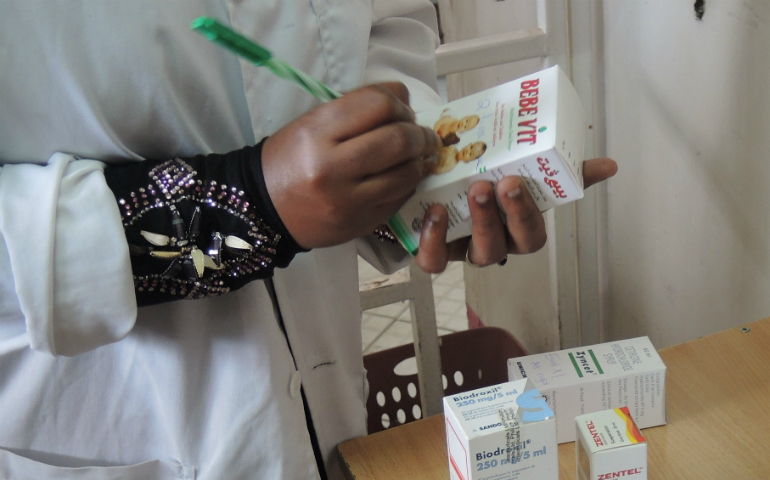
Founded in 2008 by a veteran Kenyan entrepreneur, Viva Afya ran nine clinics serving working-class neighborhoods in Nairobi. For-profit Valentis sought to expand its health impact beyond its successful clinic for skin health, plastic surgery, and cosmetic medicine, by reaching lower-income segments. Read more
Using mobile technology to improve access to health insurance in Kenya
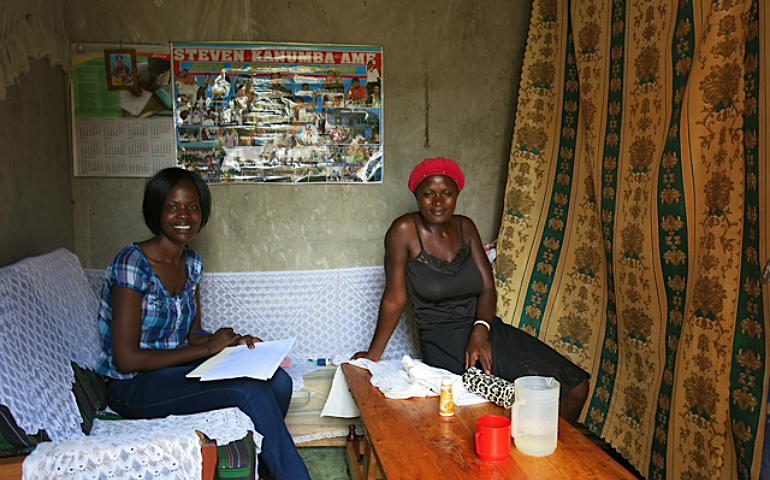
Established in 2000 as a collaboration of Moi Teaching Hospital and a US academic medical program, AMPATH provides health care for the poor at over 80 health centers in western Kenya. Our project aimed to help the non-profit and its collaborators, which included the public sector, refine the design and attributes of mobile-phone based health insurance for informal sector workers who otherwise have little access to needed hospital services. The team explored pricing options in depth, visiting many rural communities to conduct first-hand research. Read more
Operations and Finances for a Novel Patient Income Program
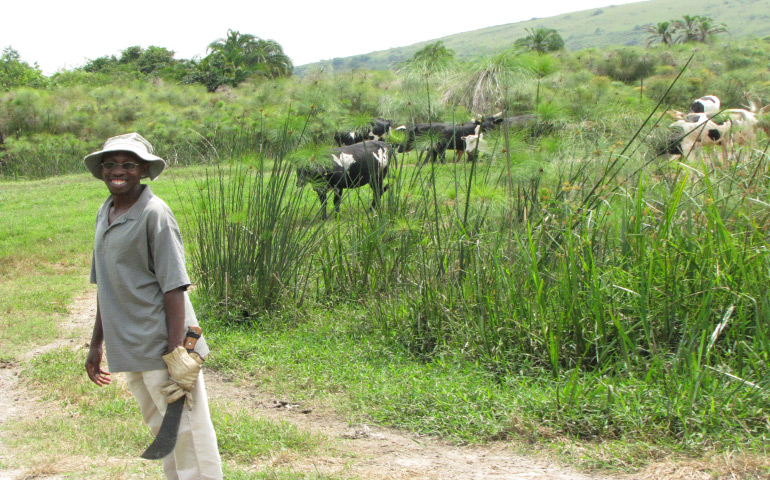
SHIP aimed to help patients adhere to treatment and stay healthy by providing practical training in small business entrepreneurship and startup materials to launch household businesses. IN 2010, SHIP enlisted another team of MIT students to assess the feasibility of building a central lemongrass distillery, analyze other household income-generating activities, and recommend a governance structure for […] Read more
Expanding a Pediatric Hospital’s Reach
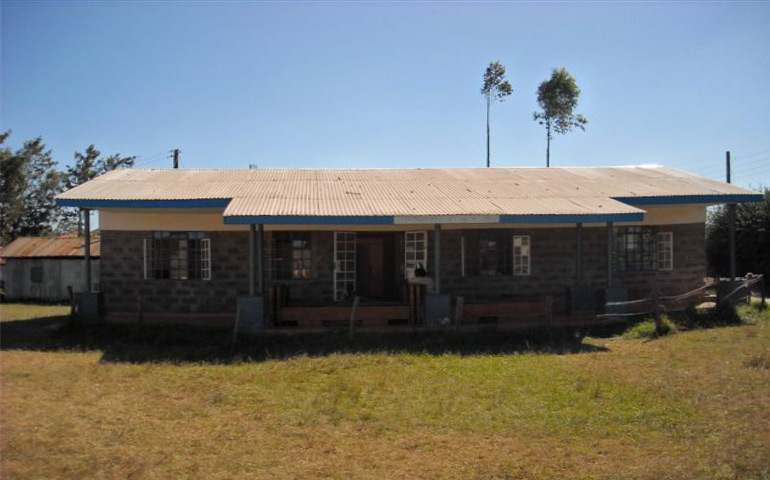
Nairobi's leading pediatric hospital Gertrude’s Garden sought to increase its reach and asked GlobalHealth Lab to devise a creative growth plan for its satellite clinics for underserved children. Read more
Innovating Income Strategies for Long-Term Patients
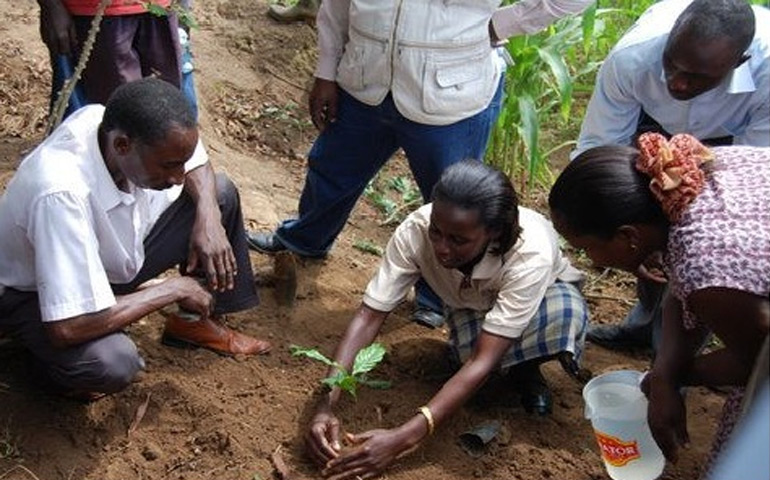
Through an innovative collaboration, the Sustainable Household Income Project (SHIP) drew on Mbarara University of Science and Technology, Massachusetts General Hospital, and Harvard University, among others, to provide support to low-income patients affiliated with the Family Treatment Fund and Immune Suppression Syndrome Clinic in the rural environs of Mbarara, Uganda. SHIP aimed to help patients adhere to treatment and stay healthy by providing practical training in small business entrepreneurship and startup materials to launch household businesses. Read more
Developing a Business Model to Scale Up Surgical Services
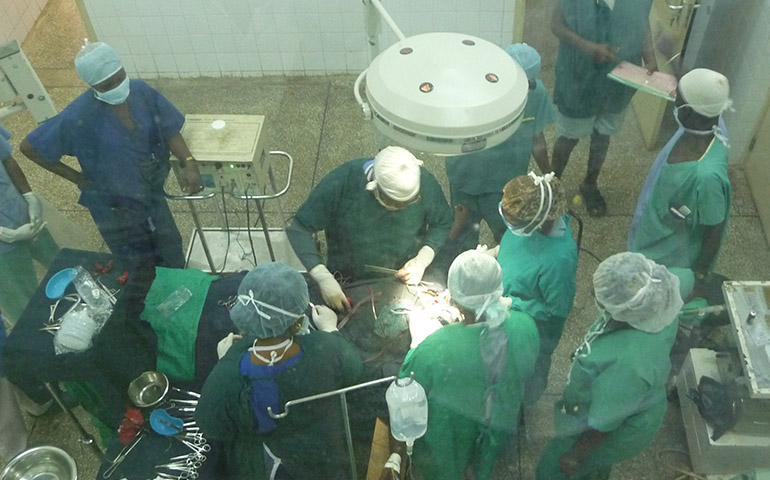
New-York-based nonprofit Surgeons OverSeas (SOS) aimed to strengthen its collaboration with Sierra Leone’s main referral hospital, Connaught Hospital, by developing a surgical residency program and providing surgical assistance and support. Read more
Business Models for Rural Nurse Cellphone Consultation
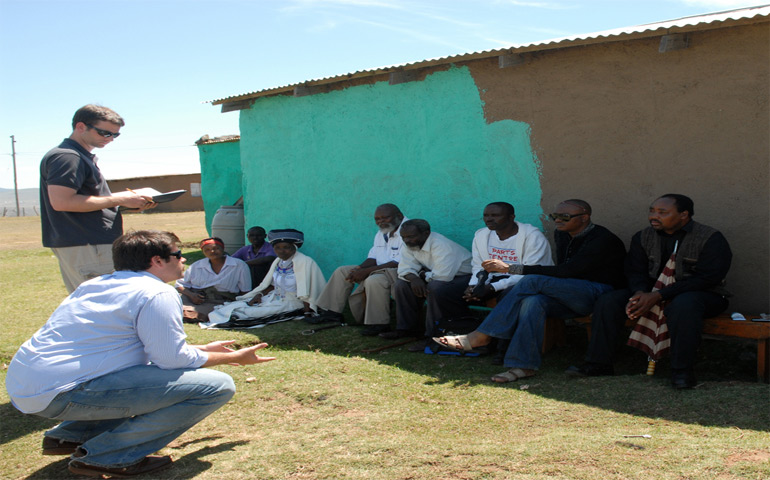
ClickDiagnostics, a mobile medical diagnostics start-up originally developed in MIT’s Media Lab, created a remote diagnosis and treatment technology in order to enable better access to healthcare in the developing world. Read more
Designing an Ambulance Service to Serve the Working Poor
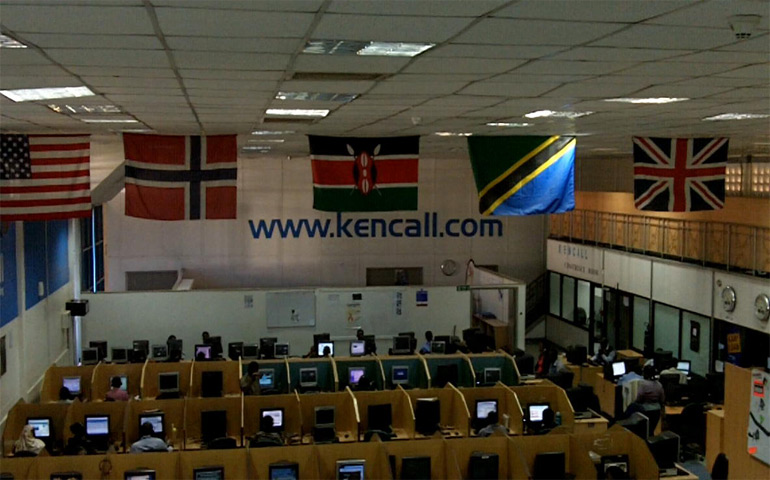
As East Africa’s largest international call center, KenCall’s services included customer support, telesales, financial analysis, competitive research, and database management. Read more
Financial Sustainability for an HIV Program in Tanzania
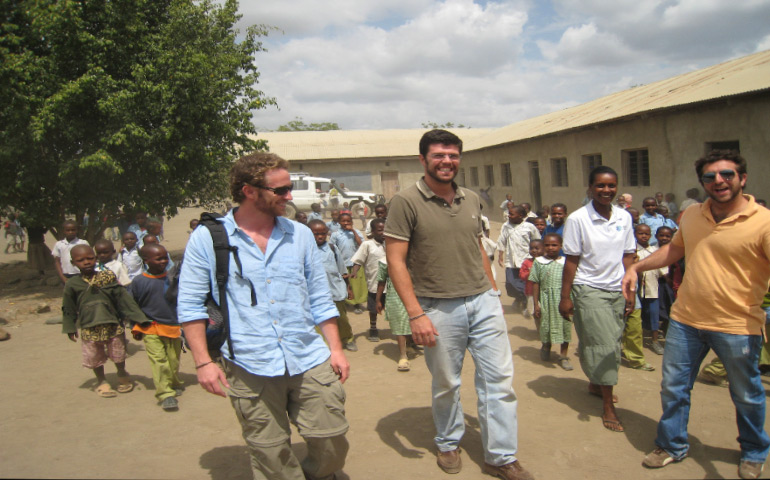
Support for International Change (SIC) aimed to limit the impact of HIV/AIDS in underserved communities and to train future leaders in global health and development. Read more
Expansion Options and Strategy for an HIV Program
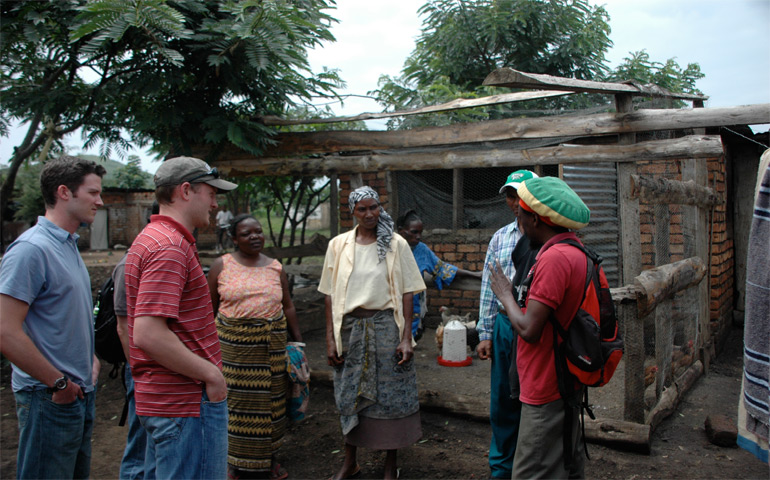
Support for International Change (SIC) aimed to limit the impact of HIV/AIDS in underserved communities and to train future leaders in global health and development. Read more
Drawing Lessons from Business for Healthcare Delivery in Ghana

The Ghana refining and marketing branch subsidiary of Total, a French-based multinational energy company, operated 212 service stations in the country’s ten regions Read more
Drawing Lessons from Business for Healthcare Delivery in Kenya

The Kenya subsidiary of Total, a French-based multinational energy company, encompassed both refining and marketing , with over 100 service stations, oil and liquefied petroleum gas depots, and a lubricant plant in Mombasa. Read more
Leveraging Research and Date for Thought Leadership
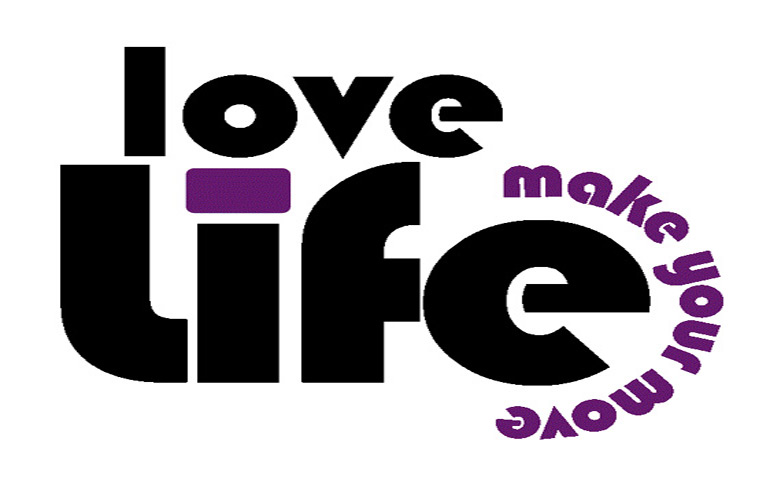
loveLife is South Africa’s national HIV prevention initiative for young people ages 12-24. With a network of programs that extended to 900 sites across nine provinces, the nonprofit melded behavior change with clinical services through youth-friendly programs and, in less than a decade, had become an essential part of South African life. Read more
Feasibility of a Plan for Chronic Patients to Generate Income
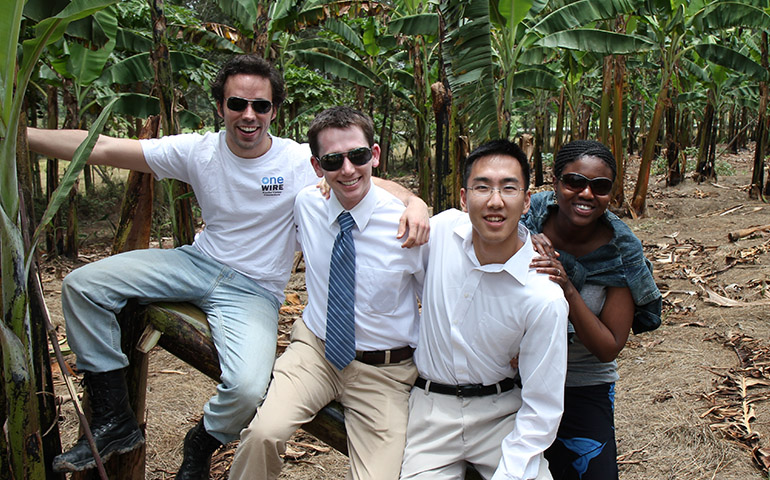
Through an innovative collaboration, the Sustainable Household Income Project (SHIP) drew on Mbarara University of Science and Technology, Massachusetts General Hospital, and Harvard University, among others, to provide support to low-income patients affiliated with the Family Treatment Fund and Immune Suppression Syndrome Clinic in the rural environs of Mbarara, Uganda. SHIP aimed to help patients adhere to treatment and stay healthy by providing practical training in small business entrepreneurship and startup materials to launch household businesses. Read more
Improving Health Outcomes through Microenterprise
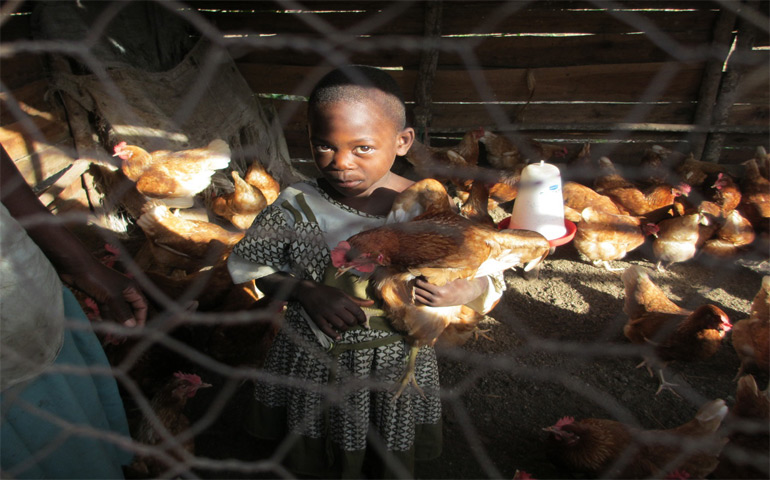
Through an innovative collaboration, the Sustainable Household Income Project (SHIP) drew on Mbarara University of Science and Technology, Massachusetts General Hospital, and Harvard University, among others, to provide support to low-income patients affiliated with the Family Treatment Fund and Immune Suppression Syndrome Clinic in the rural environs of Mbarara, Uganda. SHIP aimed to help patients adhere to treatment and stay healthy by providing practical training in small business entrepreneurship and startup materials to launch household businesses. Read more
